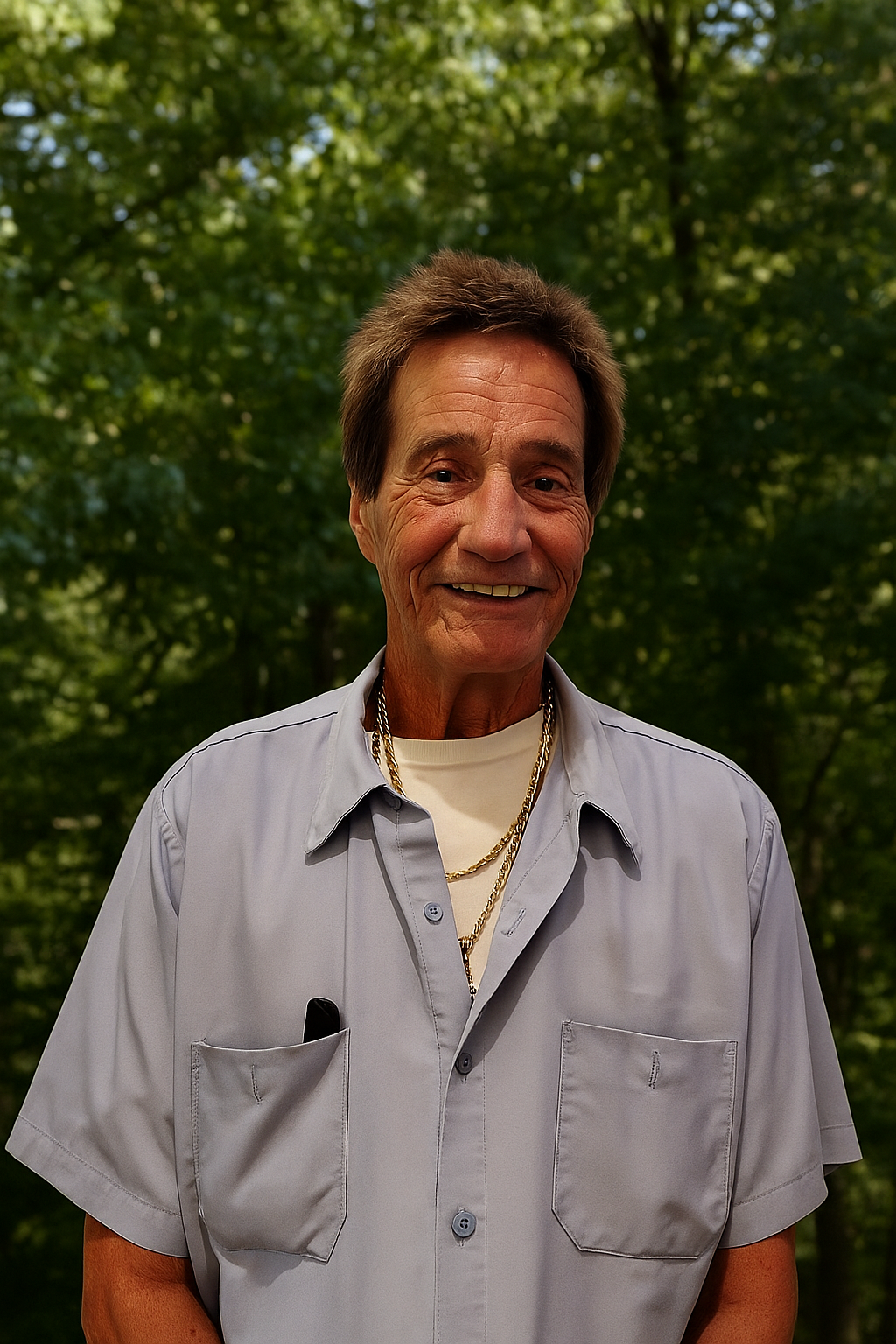For almost three decades, Michael Roebuck has been trapped in a living nightmare—condemned to die in prison for a 1994 murder where the evidence against him was never there to begin with. His conviction, built on the shifting words of a co-defendant and a failed polygraph test that even experts call junk science, is now facing explosive new scrutiny as advocates fight to expose the truth.
The case began with the fatal shooting of Wendell Howell, but from the start, something wasn’t right. Bryan Gregory, Roebuck’s co-defendant, gave multiple conflicting statements to police. There was no DNA, no fingerprints, no credible eyewitnesses—nothing to physically place Roebuck at the scene. Yet prosecutors, operating under the notorious District Attorney Bob Macy, zeroed in on Roebuck for one reason: he failed a lie detector test.
That failure became the cornerstone of his conviction—despite the fact that polygraphs are so unreliable they’re banned as evidence in Oklahoma courts. Roebuck has a documented history of failing these tests, including one for employment where he couldn’t even pass the control question: “Is your name Michael Roebuck?” Experts say this points to physiological factors, not deception. The National Academy of Sciences has dismissed polygraphs as pseudoscience, and the American Psychological Association warns they cannot accurately detect lies—especially under the stress of a murder interrogation.
But in the hands of Macy’s office, which oversaw multiple wrongful convictions later overturned due to shoddy forensics and prosecutorial misconduct, Roebuck never stood a chance. Facing the threat of the death penalty—despite the complete lack of hard evidence—he pleaded guilty to avoid execution. The result? Life without parole, plus additional life sentences for firearm possession and conspiracy.
“This wasn’t justice—it was psychological torture,” says an advocate from National Parole and Commutation Services (NPCS), which is now pushing for Roebuck’s clemency. “They took a man with no real evidence against him, scared him with execution, and buried him in prison for life. And they did it all based on a lie detector test that shouldn’t have mattered.”
Now, as NPCS files a commutation petition with the Oklahoma Pardon and Parole Board, the question isn’t just about Roebuck’s freedom—it’s about accountability.
Bryan Gregory, the co-defendant whose inconsistent testimony helped seal Roebuck’s fate, has never provided a full, credible account of what happened that night. NPCS plans to reach out to Bryan Gregory in hopes that he will provide a truthful account of what happened that night.
Anyone else that may have information about the murder of Howell can contact NPCS through their website parolepackages.com.
